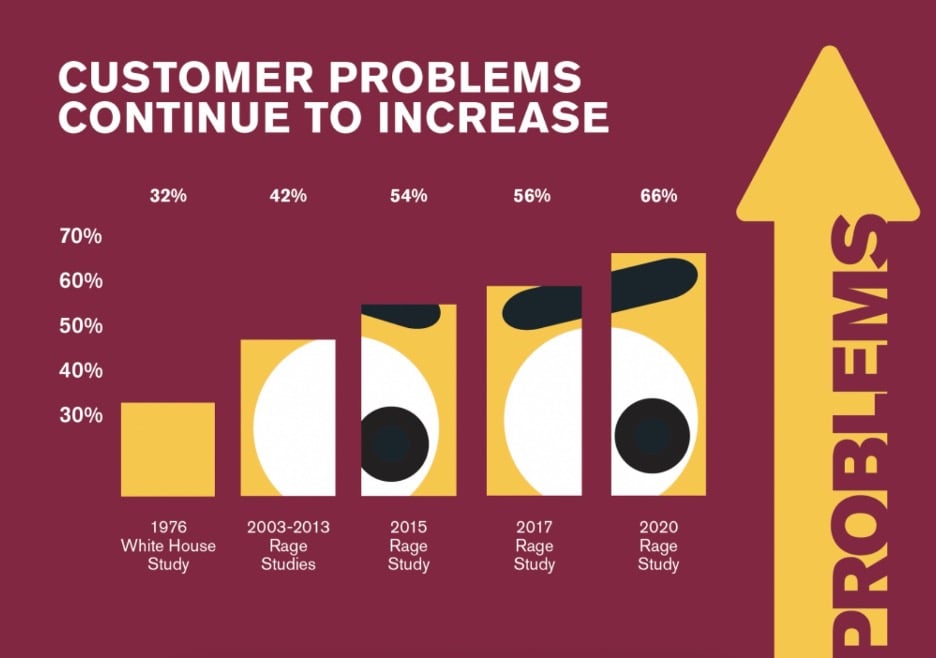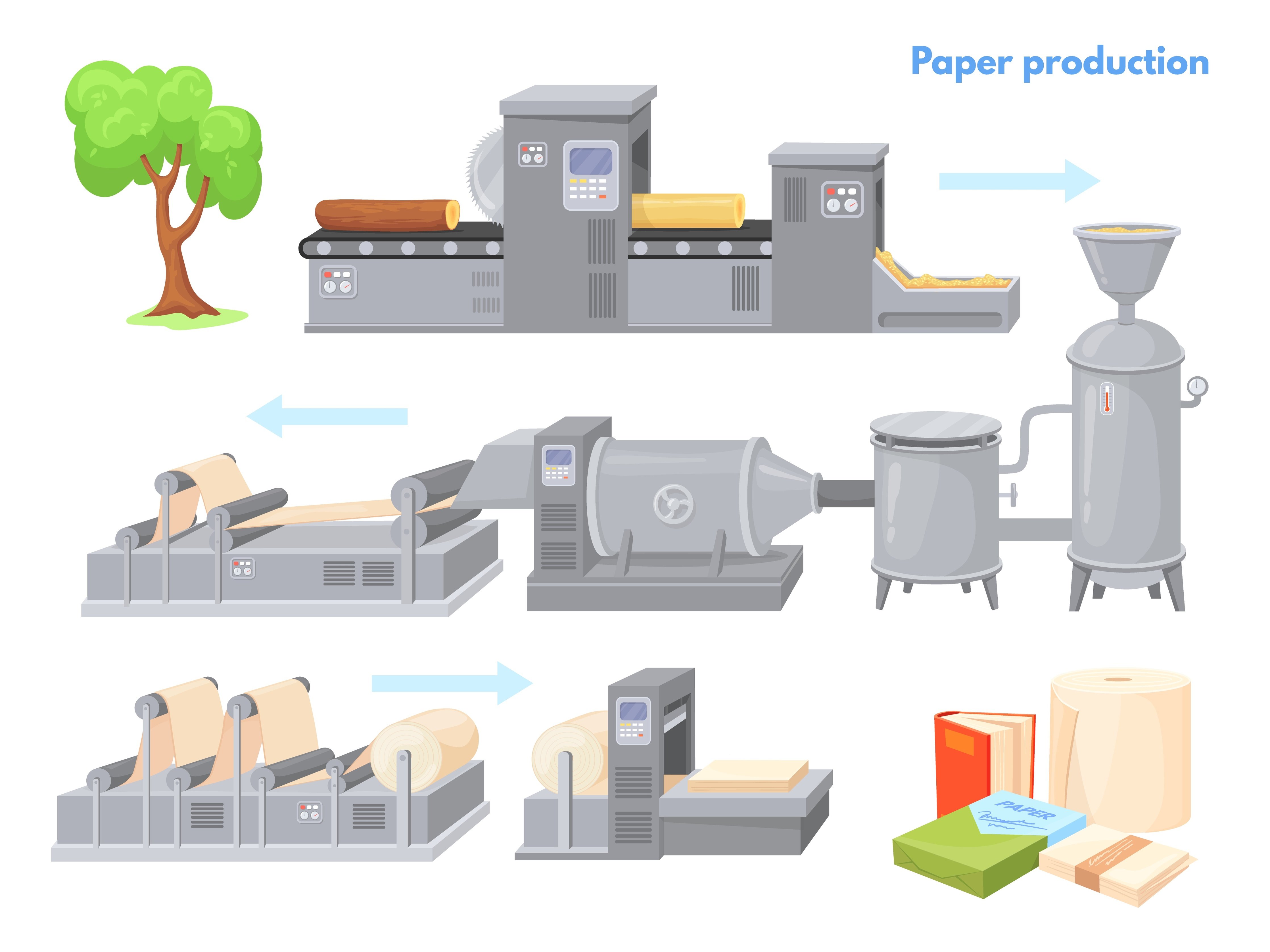Corporate Integrity & Customer Service Today
Integrity is defined in the dictionary as "the quality of being honest and having strong moral principles." A lot of us strive to have personal integrity, but these days it seems to be missing from the corporate world. This was not always the case, which raises the question: where has corporate integrity gone?
We can all think of a company or two that prioritizes money over providing helpful customer service and quality products. That's not to say that "profit" is a dirty word. It's just that products should be worth what they cost, and they should come with the level of service necessary to back them up. However, the current drive to specialize in the most profitable products has slowed the production of goods that everyday people need.
Here's the thing: not paying attention to the needs of your market can create a lot of unsatisfied customers. Around two-thirds of the 1,000 people polled for Arizona State University’s National Customer Rage Study experienced a product or service problem that made them "very" or "extremely" upset.

This study also shows that the number of households experiencing product/service difficulties has increased dramatically over the years. The customer problem rate was 32% in 1976, 56% in 2017, and 66% in 2020. Now, some of this is a result of societal changes. For decades we've been eating fast food, paying extra for overnight shipping, and getting quick results from the simple click of a computer mouse. Today’s consumer has come to expect instant gratification, and it can be hard for businesses to keep up with that.
Most of us have experienced unnecessary customer rage at some point, but some consumers are upset because they have valid concerns. It's hard to find anyone who hasn't had a bad experience with either their vehicles, appliances, or electronics in the recent past. You've probably heard your most cynical friend say something like, "nothing's built to last anymore." Well, a lot of experts agree.
Gregory Raiz, CEO and Founder of Raizlabs, wrote for Forbes, "As products get mature, the quality can often get worse, not better. Why? Every year, many companies will want to refresh major product lines. This gives marketing a new story for the year and sales an opportunity to ask for an upgrade. Even if it isn’t broken, there’s financial incentive to make adjustments."
What some companies are forgetting is that reputation can make or break a business, which means that prioritizing profit over integrity can actually lead to financial loss, not gain. We're all more likely to do business with companies that appear trustworthy and with people who have similar values to our own. The key to success is to give people what they pay for. Skimping on quality and lacking in the customer service department won't do anyone any good.
It's also important to note that no company or consumer is immune to this multitude of issues. We're all having trouble with production, service, and materials. Of course, the lack of labor is no help either, but this excuse is often used as a crutch. Despite the disruptions, when people work together it is possible to carry on and succeed. However, this requires all parties involved to be considerate, and above all, good communicators.
Gregory Raiz, CEO and Founder of Raizlabs, wrote for Forbes, "As products get mature, the quality can often get worse, not better. Why? Every year, many companies will want to refresh major product lines. This gives marketing a new story for the year and sales an opportunity to ask for an upgrade. Even if it isn’t broken, there’s financial incentive to make adjustments."
What some companies are forgetting is that reputation can make or break a business, which means that prioritizing profit over integrity can actually lead to financial loss, not gain. We're all more likely to do business with companies that appear trustworthy and with people who have similar values to our own. The key to success is to give people what they pay for. Skimping on quality and lacking in the customer service department won't do anyone any good.
It's also important to note that no company or consumer is immune to this multitude of issues. We're all having trouble with production, service, and materials. Of course, the lack of labor is no help either, but this excuse is often used as a crutch. Despite the disruptions, when people work together it is possible to carry on and succeed. However, this requires all parties involved to be considerate, and above all, good communicators.






Leave a Reply